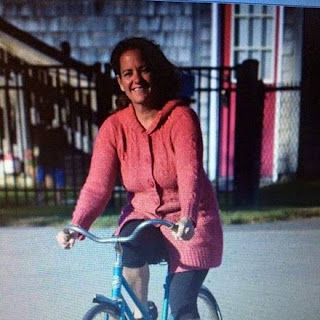The Covid_19 has now struck at the highest levels of government and has illustrated that no one is immune to virus. For many of us, the pandemic is something that is a concern, especially as businesses and schools begin to reopen. Whatever virus "fatigue" that was there has quickly evaporated.
As I was enjoying a meal with a couple of close friends this weekend, the topic of the pandemic reared its ugly head. One of my buddies asked if there was any particular insurance product that would help people who were concerned about Corona.
Actually, there are several products that come to mind during these times. Each insurance product has a need and can help those who could be worried about the virus ravishing their family's financial situation. To be clear, these products are subject to underwriting and may not be available in all states. Let's look at a few.
First of all, there is life insurance. After 9/11, the American people had a wake-up call. They realized that they could die at any given minute without warning. For about 6 months after that tragic event, life insurance sales spiked. Sales of life insurance have risen again with fears of the virus working its way through families.
If the main breadwinner of the family should die unexpectedly, the rest of the family could be in a world of financial pain if there is no life insurance in place. Making sure that your spouse and children can maintain their home, pay off any outstanding debt and insure that your kids can afford a good education can be accomplished with an affordable life insurance policy.
What happens if, God forbid, you should lose a child due to the virus. It's a terrible thing to consider. Unfortunately I have attended many a fish fry fundraiser to help pay off the cost of a child's funeral. People are hesitant to purchase insurance on child. As one parent told me, "I don't want to profit off of my child's death." No one says you have to profit at all. But there will be expenses and if there is any money left over from the insurance policy, the parents can set up a scholarship fund or contribute to a charity "in memory" of their child.
If you are confused as to whether you need term life insurance or a permanent plan like whole life or universal, we can have a conversation to help you find out what your needs are, as well as your budget.
The second type of insurance I would consider is Disability Income Insurance (DI). A good DI plan should be in place to replace the income of the person who is sick or hurt and not able to work. As we know, the survival rate is high among those who contract the virus, but it can still keep you from working. As stated before, your most valuable asset is not your home or car or investments, but your ability to earn a living. And when someone is out of work due to an injury or illness the bills don't stop coming.
Many people don't seem to realize that they are one medical emergency away from dire financial straits. Did you know that over 80% of all disability claims are due to illness? And that 62% of all bankruptcies are due to medical costs? Having a DI policy in place can keep a stressful situation, like being seriously ill, from becoming much worse when the bills start to pile up.
These are just a couple of the products that can help you if you are concerned about the virus, but there are more we will cover in the next post. In the meantime, please continue to social distance and stay healthy!
Chris Castanes is the president of Surf Financial Brokers, helping people find affordable life and disability insurance coverage. He's also is a professional speaker helping sales people be more productive and efficient and has spoken to professional and civic organizations throughout the Southeast. And please subscribe to this blog!









